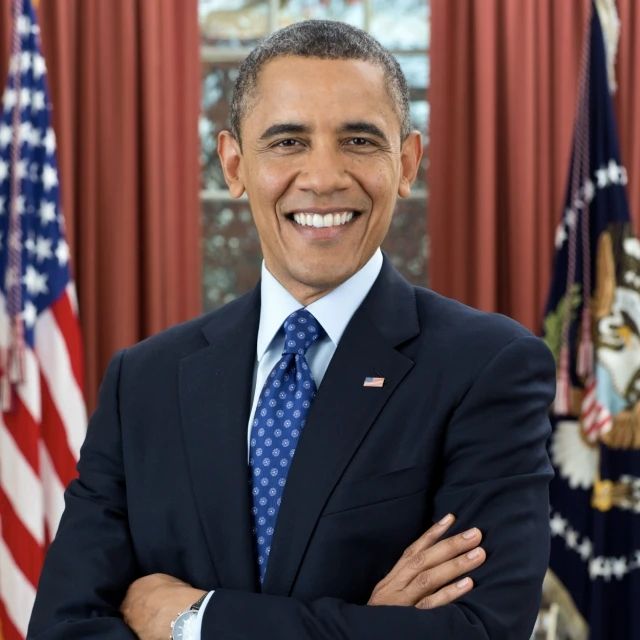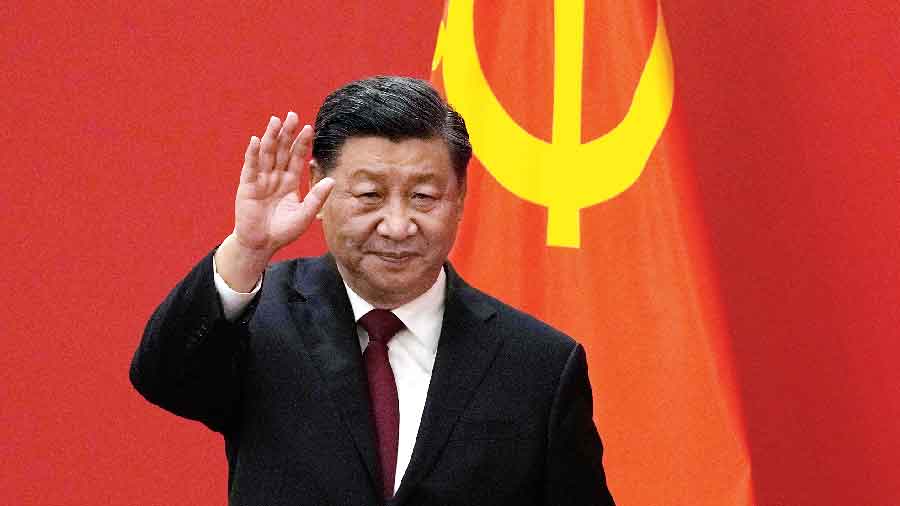Introduction: The Enigmatic Leadership of Kim Jong-un
Kim Jong-un, the Supreme Leader of North Korea, has captivated the world’s attention with his secretive regime and provocative actions. Delving into the details of his leadership reveals a narrative marked by authoritarianism, nuclear ambitions, and a tight grip on power.
Rise to Power: The Successor to a Dynasty
Born in 1983 or 1984, Kim Jong-un was the youngest son of former North Korean leader Kim Jong-il. His ascent to power was carefully orchestrated by the ruling Kim dynasty, following the death of his father in 2011. Despite his limited experience and young age, Kim Jong-un quickly consolidated his authority and assumed the mantle of Supreme Leader, continuing the family’s legacy of authoritarian rule.
Authoritarian Rule: Maintaining Control
Kim Jong-un’s leadership is characterized by a repressive regime that tightly controls all aspects of life in North Korea. Political dissent is suppressed, freedom of speech and expression is nonexistent, and the state maintains a pervasive system of surveillance and indoctrination. Kim’s cult of personality, cultivated through propaganda and adulation, reinforces his status as the supreme authority in the country.
Nuclear Ambitions: A Dangerous Game
One of the most defining aspects of Kim Jong-un’s leadership is North Korea’s pursuit of nuclear weapons and ballistic missile technology. Despite international condemnation and sanctions, Kim has accelerated the country’s nuclear program, conducting numerous missile tests and claiming to have developed nuclear warheads capable of reaching the United States. These actions have heightened tensions on the Korean Peninsula and raised concerns about the potential for conflict.
International Relations: Isolation and Confrontation
Kim Jong-un’s approach to foreign policy is characterized by isolationism, brinkmanship, and defiance of international norms. North Korea’s belligerent rhetoric, combined with its nuclear ambitions, has strained relations with neighboring countries and the broader international community. Despite sporadic attempts at diplomacy, including summits with South Korea and the United States, North Korea’s behavior remains unpredictable and confrontational.
Human Rights Abuses: A Dark Legacy
Kim Jong-un’s regime has been widely condemned for its systematic and egregious human rights abuses. Reports of political repression, forced labor camps, torture, and extrajudicial killings paint a grim picture of life under his rule. The international community has repeatedly called for accountability and justice for the victims of these abuses, but North Korea’s closed and secretive nature makes accountability difficult to achieve.
Conclusion: The Challenge of Leadership
In retracing the leadership of Kim Jong-un, we encounter not just a ruler but a symbol of the complexities and challenges of governance in the 21st century. His regime’s pursuit of nuclear weapons, repression of dissent, and disregard for human rights pose significant challenges to regional stability and global security. As the world grapples with the implications of North Korea’s actions, let us remain vigilant and engaged in efforts to promote peace, dialogue, and respect for human dignity.
With each step forward, may we honor the ideals of freedom, justice, and peace that unite us all, and may we work towards a future where all people can live in dignity and security.

)










+The+Future+of+Technology.jpg)

